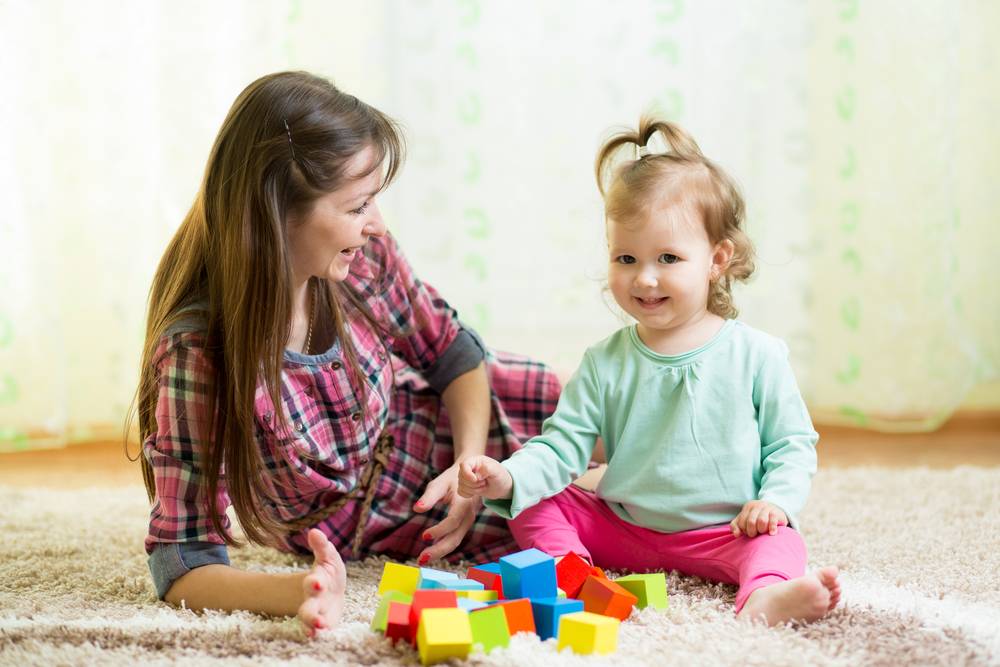Watching your baby begin to develop independence can be exhilarating. Your child enjoys this process too since they can now explore the world that surrounds them from a different perspective. So, at what age do babies sit up?
Key Points:
1. Babies typically start sitting up with support around 4 months, sit with tripod support at 5-6 months, sit briefly without support and explore objects at 7 months, and sit steadily for a few minutes at 8-9 months.
2. Tips to help babies sit independently include strengthening their muscles from a young age, encouraging them to reach for toys, supervising them when they sit in a booster or on your lap, providing a safe and cushioned environment when they sit on the floor, and being patient as every baby’s development timeline varies.
One way your baby begins to gain independence is learning to sit on their own, but this does not happen overnight. First, a series of steps and motor skills are required for them to master this milestone. Being able to sit upright means your baby’s neck and back muscles are strong enough to carry their weight in an upright position and that they have gained control of their head.
At what age do babies sit up?
Baby’s development starts from the head down; here you can see how it occurs:
- 4 months – Babies can sit down with support from a caretaker or cushion.
- 5-6 months – Most babies can sit by themselves in a tripod position in which they position their hands on the floor in front of them for support.
- 7 months – Babies will probably sit on their own for a few seconds with no support and use their hands to explore and grab objects around them. At this point, they might even be able to sit up when they’re lying down on their tummy and push themselves up from the surface with their hands.
- 8-9 months – Babies are likely to sit steadily on their own for a few minutes.
Tips to help babies sit independently
Sitting independently is a big milestone for babies and the development of this skill can occur at different rates. Some children may sit up quite quickly, while others may take a little more time. Here are some tips that can help your little one develop this skill:
- Prep your baby for successful sitting by making sure they lie on their tummy and strengthen their muscles by moving and stretching before turning 4 months old.
- Lay your baby face down showing them a toy that they like and motivate them to come up or reach for it.
- When you see that their muscles are strong enough, sit your baby in a booster or chair making sure you are supervising them, or sit them on your lap, where you know they will be safe, and play with them.
- When your baby is ready, they will be able to sit on their own for a few seconds. When this occurs, sit them on the floor and provide pillows nearby for cushioning just in case they tumble over. You can also place toys in front of them, so they are free to explore and have fun!
Don’t be surprised if your baby masters the ability to sit and then falls over. Babies sometimes lose interest in being upright or get distracted and let their bodies go. Remember that every child’s development is different; so don’t be alarmed if your baby takes a bit longer to master this skill. Practice the previous tips frequently, but for short periods, so your baby doesn’t get stressed or frustrated. Make sure their muscles are getting stronger and remember to always practice on the floor to prevent high falls.
Now you know at what age do babies sit up so give your little one plenty of opportunities to practice sitting up. The more you practice and help them, the more they will probably try to sit up without support! And, remember, every baby develops differently and at their own time. Just try to give your little one many opportunities to practice and keep encouraging them!








